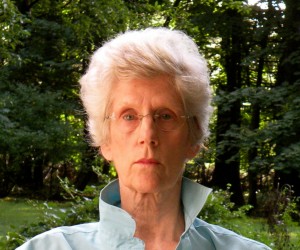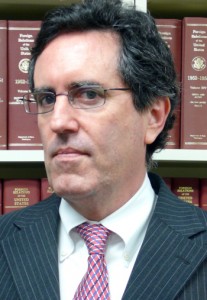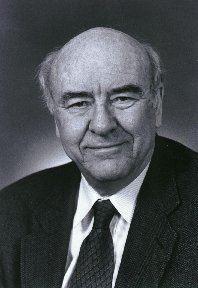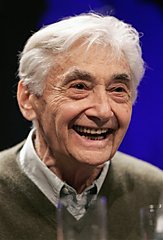
Nancy Bordier is the inventor of the Interactive Voter Choice System. She is a political scientist, web entrepreneur, former electoral candidate, high-tech marketing executive and university professor. Her experience in electoral politics includes a 1985 campaign on the Democratic ticket for the office of mayor of White Plains, New York. A middle class city with 57,000 residents, White Plains is a suburb of Manhattan and the county seat of Westchester County.
Her opponent won his fourth four-year term with the aid of large campaign contributions from developers doing business with the city. Bordier's platform advocated balanced residential and commercial development. By 2009, the modest homes of White Plains residents were dwarfed by two $400 million 40-story-high towers built by Donald Trump and his development partners, featuring luxury condominiums, a hotel and office space. The city's projected “rebirth” stalled “halfway through” its plan, according to the New York Times, due to developers' failure to “unload” the unsold inventory of high-priced condominiums.
From 1988-1991, Bordier served on the launch team of the $1 billion telecommunications start-up, the Prodigy Interactive Personal Service. Originally founded by a partnership of IBM, CBS and Sears, it was one of the first online consumer services. Prodigy's CEO honored her with an Outstanding Achievement Award for her nationwide event marketing campaign and design of multimedia marketing materials. She later won more than a dozen awards for corporate positioning.
Bordier later founded and served as managing director of one of New York's first technology incubators for Internet start-ups (1994-1998). Her efforts to create a high-tech zone in the tri-state area led Gannett Suburban Newspapers to name her to its “Who's Who” of economic development leaders in the region.
Awarded M.A. and Ph.D. degrees by the Graduate Faculties of Columbia University, she has held research, faculty and administrative positions at Columbia University, Fordham University, The New School University, Hunter College of the City University of New York and the University of Geneva in Switzerland.
ReinventingDemocracy.us
Third Party Rising?
“Missing Mandate” in the 2010 Elections
How Voters Can Unrig the 2012 Elections with Transpartisan Voting Blocs and Electoral Coalitions
Contact:
Nancy Bordier, President
Citizens Winning Hands Corporation
1718 M Street, NW #240
Washington, D.C. 20036









